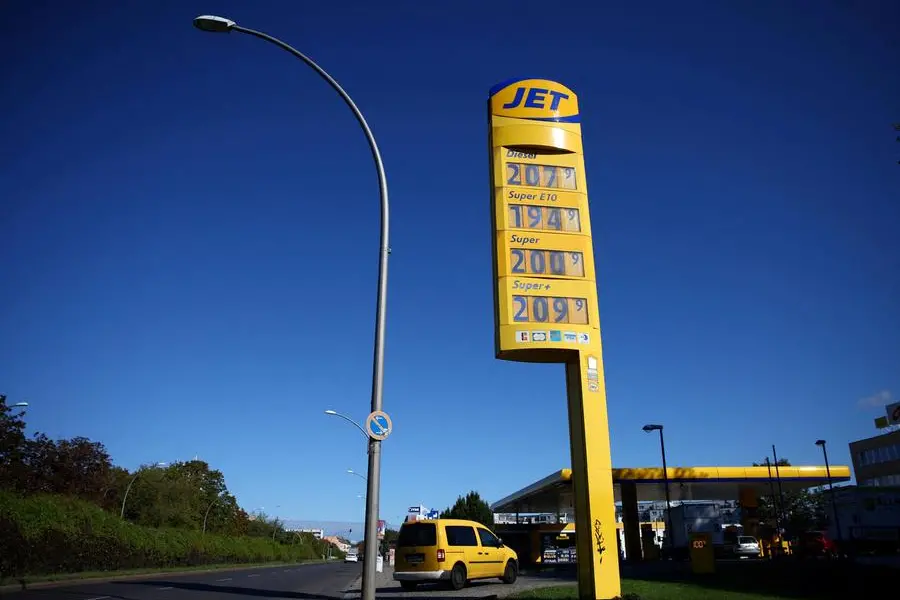PHOTO
BRUSSELS - The European Commission will propose a gas "correction mechanism" to the 27 EU states on Friday, a corridor designed to curb price spikes but not a firm cap sought by many member countries, sources said.
The European Union has been in a tug of war over a gas price cap, with a dozen-or-so member countries calling for various versions of such a market intervention to cut prices amid an acute energy crunch that is driving record-high inflation.
But Germany, the bloc's biggest economy, the Netherlands and the EU executive Commission say a cap would risk putting off suppliers and reduce incentives to bring down gas consumption.
The Commission told EU countries that a "comprehensive hard" cap on TTF, Europe's main natural gas futures market used as the benchmark price, would all but fail to lower prices in a structural way while also drawing legal and supply risks, according to an EU diplomat following the discussion.
"The risks outweigh the benefits," said the diplomat.
An EU official said the Commission - at a closed-door meeting with 27 national envoys to the EU - would outline thinking around a "market correction mechanism" instead, which would amount to "a price corridor" on TTF.
"You do not jeopardise the security of supply by putting a fixed price below the market as we are in global competition for LNG (liquefied natural gas)," said the official.
"You create a corridor for what the prices would be, hopefully reducing volatility," added the person, who spoke on condition of anonymity.
The EU's Energy Commissioner Kadri Simson said on Wednesday the Brussels-based executive would "present the key elements of the price correction mechanism" to the 27 on Friday followed by "the full legislative proposal... as soon as possible."
Countries including Poland and Belgium that have long campaigned for an effective tool to visibly bring down runaway prices have been angered by the Commission's proposal, saying it falls short of a cap they wanted.
The bloc's energy ministers meet on Nov. 24 and hope to approve more policies to mitigate the energy crisis, including speeding up permitting for renewable energy sources, launching joint gas purchases in the EU and working out a new price benchmark.
(Reporting by Gabriela Baczynska; Editing by Susan Fenton)





















